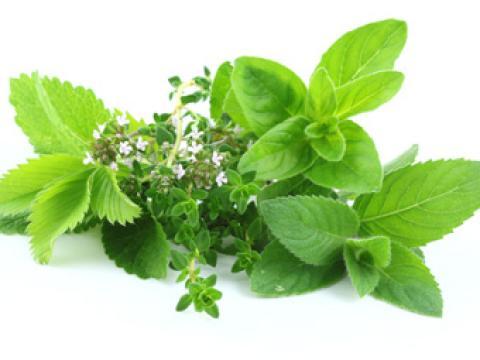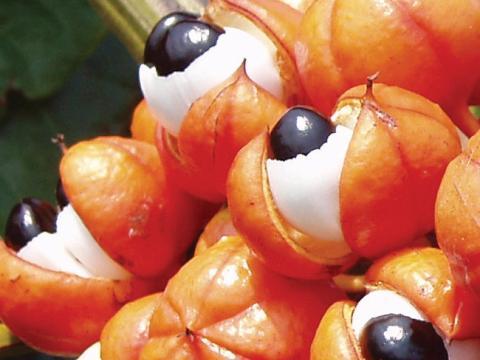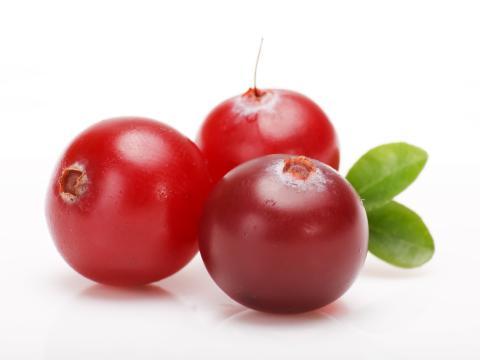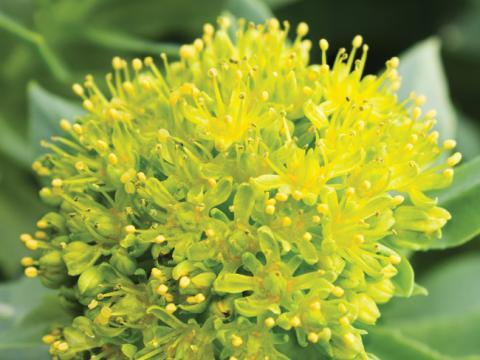Traditional use
Also known as medicinal saffron1, saffron has been used for thousands of years as a seasoning, perfume, dye and medication. The plant was first named in the Ebers Papyrus, one of the oldest medical texts dating from 1550 BCE. It was also mentioned by Homer as a remedy and perfume in the Iliad and used to treat mild depression in traditional Persian medicine.
Botany
The saffron crocus is a small perennial bulbous plant with long, thin leaves and cup-shaped mauve-coloured flowers. Each flower contains three yellow pistils with three reddish-orange stigmas 2.5 to 3.5 cm in length. The stigmas give off a strong, aromatic fragrance and yield the world’s most expensive spice, saffron, named after the plant from which it is derived1.
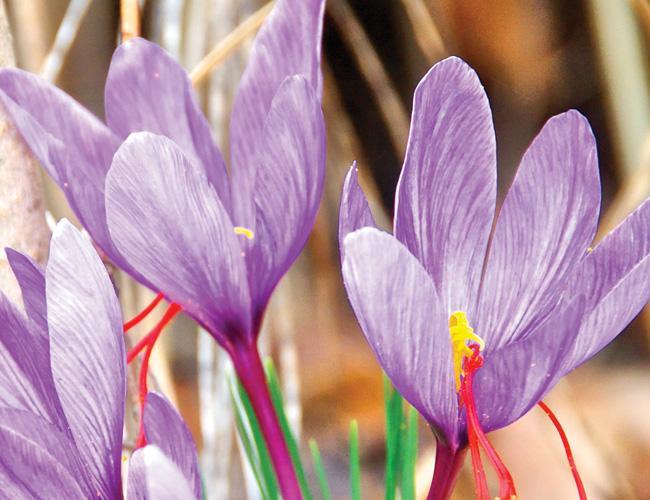
Properties
Saffron is traditionally used to treat mild to moderate depression2. In addition to its antidepressant effect, the plant is believed to have antioxidant and anti-inflammatory properties. Other studies have demonstrated the effect of saffron on cognitive decline, particularly in persons at risk of neurodegenerative diseases (e.g. Alzheimer’s) and in age-related vision disorders. Saffron is also believed to have a cardioprotective effect and to improve male sexual dysfunction.
Indications
- Mild to moderate depression
- Cognitive disorders in the elderly
- Prevention and stabilisation of early cataract and ARMD
- Erectile dysfunction
Possible combinations
Saffron + Rhodiola :
mild to moderate depression

Precautions for use
Use is not recommended in pregnant or breastfeeding women in the absence of sufficient data. The combination of a high dose of saffron (more than 100 mg of extract/day) with an antihypertensive is not recommended because of a risk of low blood pressure3. Contraindicated in persons allergic to saffron and its components4.



